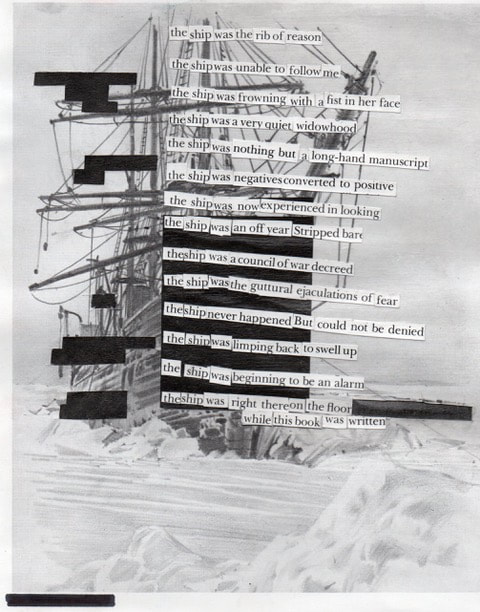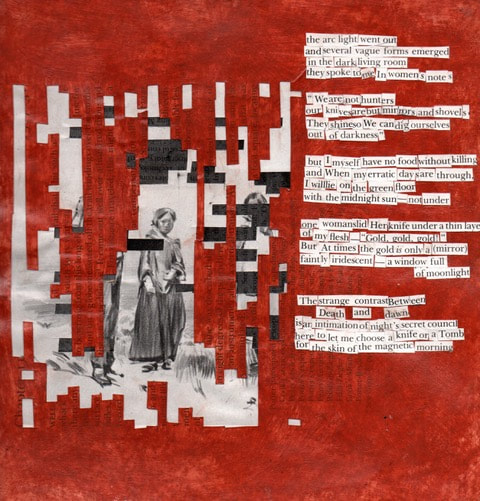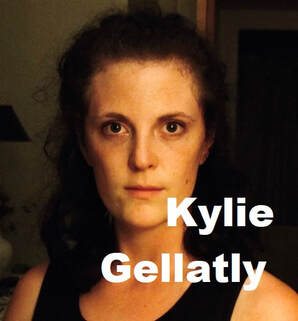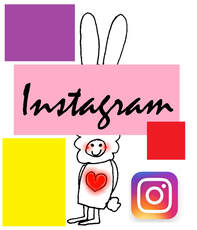|
Poets are hard trainers (Period)
It can be more relatable to observe athletes at the 2021 Tokyo Olympic & Paralympic Games; instead, poets are, perhaps, like Auguste Rodin's The Thinker. Poets reach the limit of ones capacity - - write, erase, re-organize, destroy, create again, and then the final product - - though the products may not be well received by audiences. They may be overlooked or invisible. I do not think that it is an ideal environment for our creative selves, it is one that may lead to self-doubt and wrong impressions about our creations. However, the process is part of poetic progress. In other words, we - - poets - - have to find the optimal balance between our perception of our work and its reception. Ina Cariño, Kylie Gellatly, & Mary Ruefle (her essay is shared by Gellatly later in this article) have similar sutras for this. I think I’ve finally made peace with the fact that things take time, and that time takes time, too. - - Cariño You haven’t even begun. You must pause first, the way one must always pause before a great endeavor, if only to take a good breath. - - Ruefle When I reviewed Gellatly's book at RHINO Reviews, I was immediately curious as to why she adapted found poetry with art, and why she chose that original source, The Arctic Diary of Russell Williams Porter. I was not expecting such vivid details. The Fever Poems by Kylie Gellatly The Fever Poems is the result of a myriad of circumstances; including but not limited to a head injury, a bad case of hives, the (then new) Covid-19, and a big move. I am tedious when telling the story behind this book, as it feels romantic in a way that I feel timid taking credit for. Maybe that is the nature of found poetry. Trying to tell the story of how this book happened is like trying to scoop a pile of shapeless things, or oozy goo blobs, into my arms and then try to carry them some distance and make an eloquent hand-off. What shape would you give to a head injury, hives, the pandemic, lockdown, packing up an apartment, the protests, isolation, the feeling that all I have is everything I have and is everything I will lose. How to contain this: The Fever Poems was a towel to clean up a spill, or a vessel—the kind of vessel that a towel becomes when it is entirely saturated. I had been working on a collection of poems and had just discovered the through-line, that the poems were about grief of self, or past selves. Then came the breath, the pause, the prescription: no screens, rest your brain, your eyes. Then, a physical enactment of the grief that I had recognized, under the circumstance of not knowing whether I would be able to restore my brain function to what it was before. The head trauma I was recovering from was one that had, at first, subtly hindered my ability to comprehend what I was reading, but under pressure, led to trouble with comprehension in both reading and writing. I was prescribed a month of rest and given strict parameters around what my brain could handle. I mostly just wrote letters to keep in touch and found so much creativity in this communication, which asked for something to be made in order for it to be said. I was drawing and collaging and writing a lot of letters, long letters, to various people; carrying on these disjointed conversations over gaps of time and distance. I think of Mary Ruefle’s essay “Pause”, in which she says, “You must pause first, the way one must always pause before a great endeavor, if only to take a good breath.” The choice to use The Arctic Diary of Russell Williams Porter started with reason and turned into another. At first, it was simply that I was preparing for a move, cleaning out my books, and questioning whether I would take this book to another new place with me. My collection of arctic literature had once been very enthusiastic but, by this time, Porter’s diary was the only one left. I had carried it around for years for sentimental reasons and for a very dear inscription inside. I thought, it can only come with me if I make it into something else. So I tore out the inscription and started pulling the book apart. My obsession with arctic literature was an antidote for a steady depression and had presented itself to me as a form of escape that bred optimism toward endurance, stamina, and unlivable conditions. The nature of this use became poignantly clear to me as the nature of its escapism and toxic kind of endurance pointed at a lot of the shame I had been carrying. The book became a symbol for a fixed narrative, something I had been keeping my fragmented selves inside of, on ice. In retrospect, the best way I can think of the creation of The Fever Poems is as a month-long play in which I enacted an homage to the grief I was holding inside me for every person I had been in my life and a deconstruction of the walls that I held around each of them. Instead of leaving a pile of rubble, these collage poems are mosaics, made in a fit of compassion, that create a myth all its own, starring a fluid “we” and “I” — sourced from the context of Porter either speaking for himself or on behalf of his crew — to meld into a single, whole, and present form. Creating one poem every day for a month suspended judgement, doubt, and question long enough for a trust in myself and my voice to grow. Kylie Gellatly is a visual poet and the author of The Fever Poems (Finishing Line Press, 2021). Her poetry has appeared or is forthcoming in DIAGRAM, Tupelo Quarterly, Iterant Magazine, GASHER, Literary North, Palette Poetry, and elsewhere. Kylie is the Book Reviews Editor for Green Mountains Review, Editor-in-Chief of Mount Holyoke Review, and is a Frances Perkins Scholar at Mount Holyoke College.
Comments are closed.
|
Archives
July 2024
|
フジハブ
Welcome to FUJI HUB: Waystation to Poetry, Art, & Translation. This is not your final destination. There are many links to other websites here, so please explore them!
Welcome to FUJI HUB: Waystation to Poetry, Art, & Translation. This is not your final destination. There are many links to other websites here, so please explore them!
What are you looking for?
FUJI HUB Directory
Popular Sites:
Gallery of Graphic Poems
Working On Gallery
(Monthly New Article by Writers & Artists)
About Naoko Fujimoto
Contact
Naoko Fujimoto Copyright © 2024
FUJI HUB Directory
Popular Sites:
Gallery of Graphic Poems
Working On Gallery
(Monthly New Article by Writers & Artists)
About Naoko Fujimoto
Contact
Naoko Fujimoto Copyright © 2024





